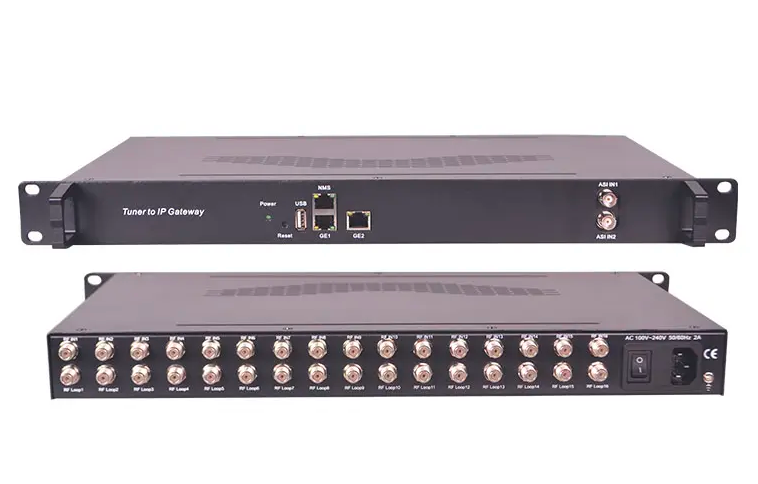In the world of modern networking, understanding the basic concepts of Internet Protocol (IP) and gateways is critical. Both terms play a vital role in facilitating seamless communication between vast networks and driving global connectivity. In this article, we'll explore the differences between IP and gateways, clarify their respective functions, and highlight the important role played by IP gateways.
Learn about intellectual property:
Internet Protocol, commonly known as IP, is the core of Internet communications. It is a set of rules that control how data is transmitted over a network. IP assigns a unique address to every device connected to the network, allowing for seamless, reliable communication. An IP address is a series of numbers that serve as a numerical identifier for a device, ensuring that data packets reach their intended destination.
What is a gateway?
Gateway serves as an interface between different networks and provides a bridge for data transmission. It can be physical or virtual and plays a vital role in routing packets across networks employing different protocols or technology standards. Essentially, gateways act as converters, allowing networks to successfully communicate and exchange data.
The difference between IP and gateway:
While IP addresses are assigned to individual devices to identify them on a network, a gateway is a device or software that connects different networks. In simple terms, an IP is an assigned address that helps identify a device on a network, while a gateway is the medium that allows different networks to communicate with each other.
IP Gateway: Powerful Network Tool
IP gateways are the backbone of modern network infrastructure, enabling secure and reliable communications across multiple networks. They enhance connectivity, optimize data flow and facilitate seamless interaction between different networks. As the Internet of Things (IoT) grows and devices become more interconnected, IP gateways have become an integral part of creating a coherent and efficient network architecture.
Benefits of using IP gateway:
1. Protocol conversion: IP gateways provide a way to convert data between networks that use different protocols or standards. This feature enables compatibility between different systems, maximizing the potential for collaboration and information exchange.
2. Enhanced security: IP gateways can act as firewalls, filtering incoming and outgoing traffic. By monitoring and managing data flows, gateways play a vital role in protecting networks from potential threats and unauthorized access.
3. Network Segmentation: IP gateways allow large networks to be divided into smaller subnets, thus facilitating better management and control of network traffic. This segmentation enhances network performance while ensuring efficient resource allocation.
4. Seamless integration: IP gateways can integrate various devices and technologies, allowing different systems to coexist harmoniously. This integration paves the way for advanced applications such as smart homes, industrial automation and remote monitoring.
in conclusion:
In summary, the difference between IP and gateways is their function in the network. IP acts as a separate device identifier, while gateways provide connectivity between different networks. Understanding the importance of IP gateways in modern networks is critical to realizing the potential of interconnect technology, enabling seamless communications and unlocking a world of possibilities.
As technology continues to evolve, IP gateways have become a key tool in creating interconnected networks that transcend borders. By leveraging the power of IP gateways, organizations can enhance connectivity, improve security, and streamline operations to accelerate growth and innovation in the digital age.
Post time: Nov-16-2023



